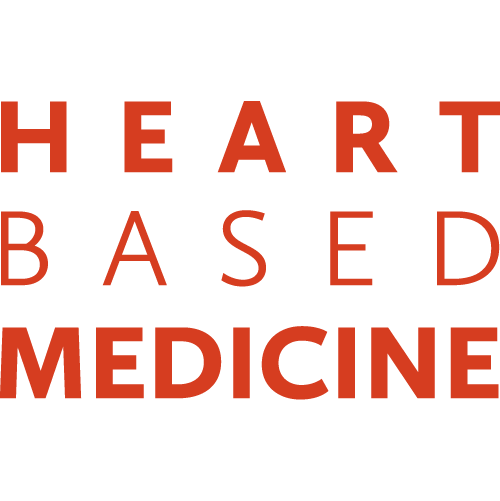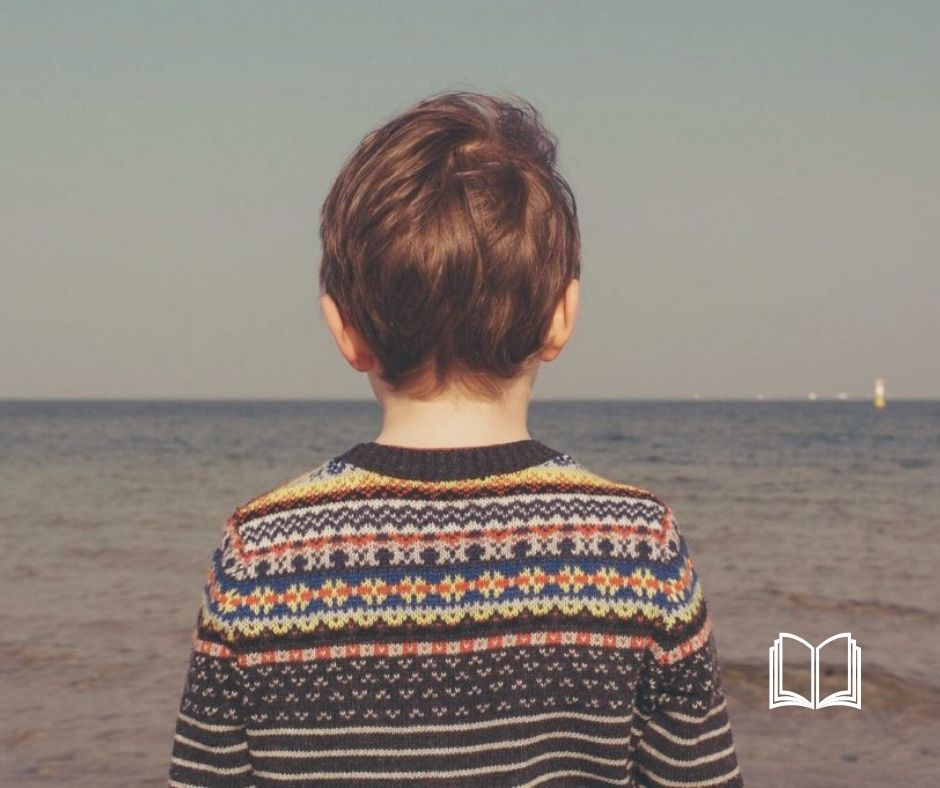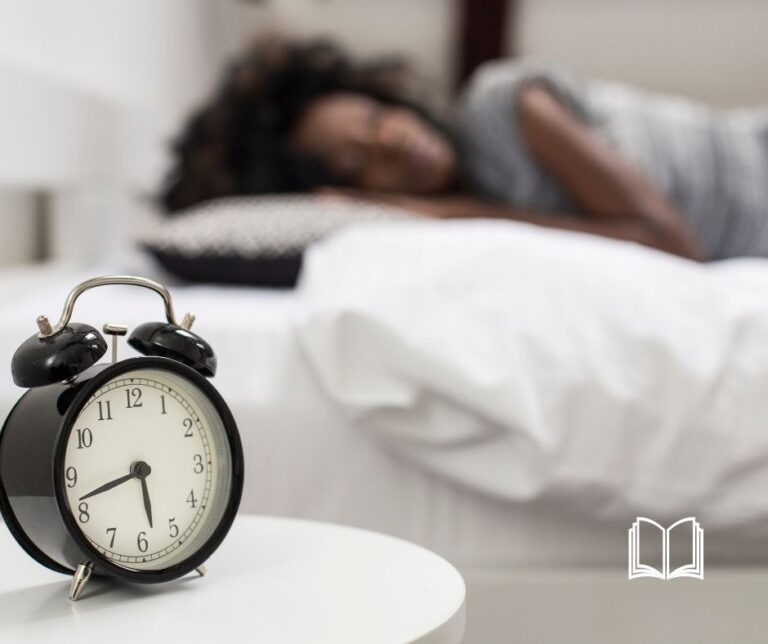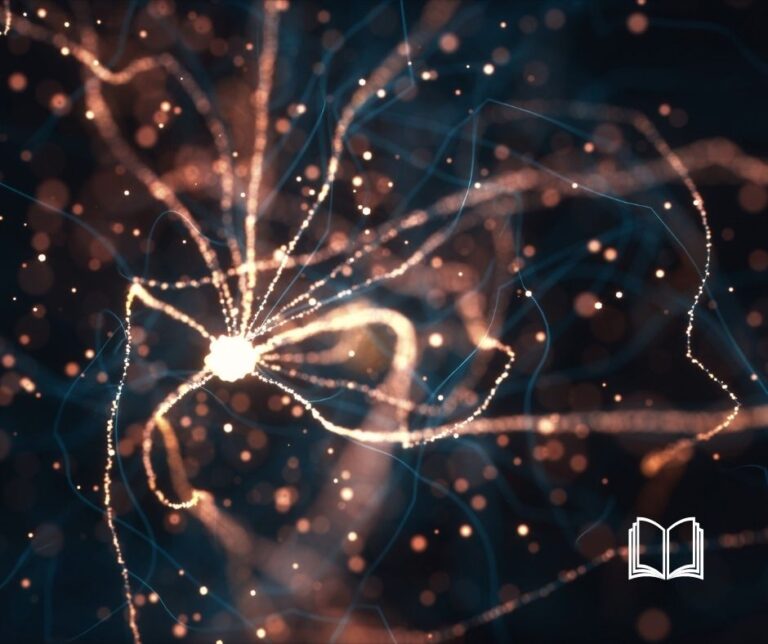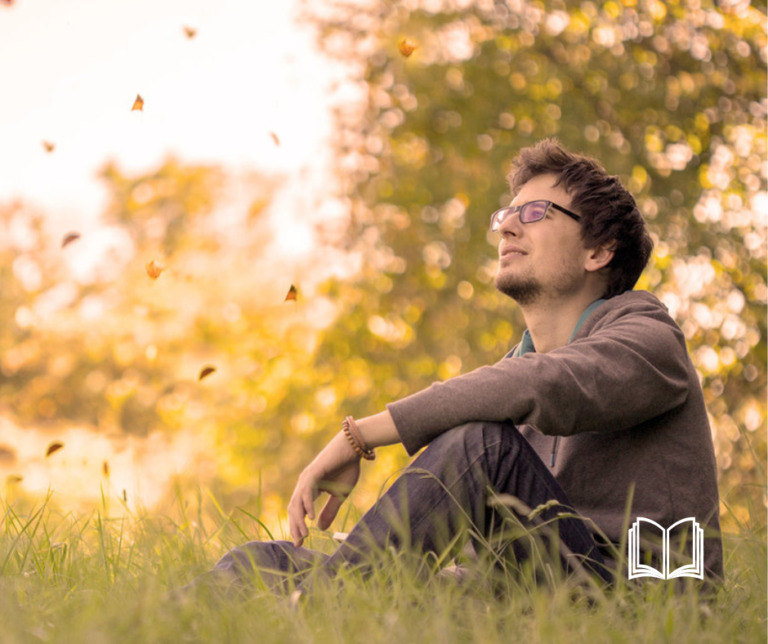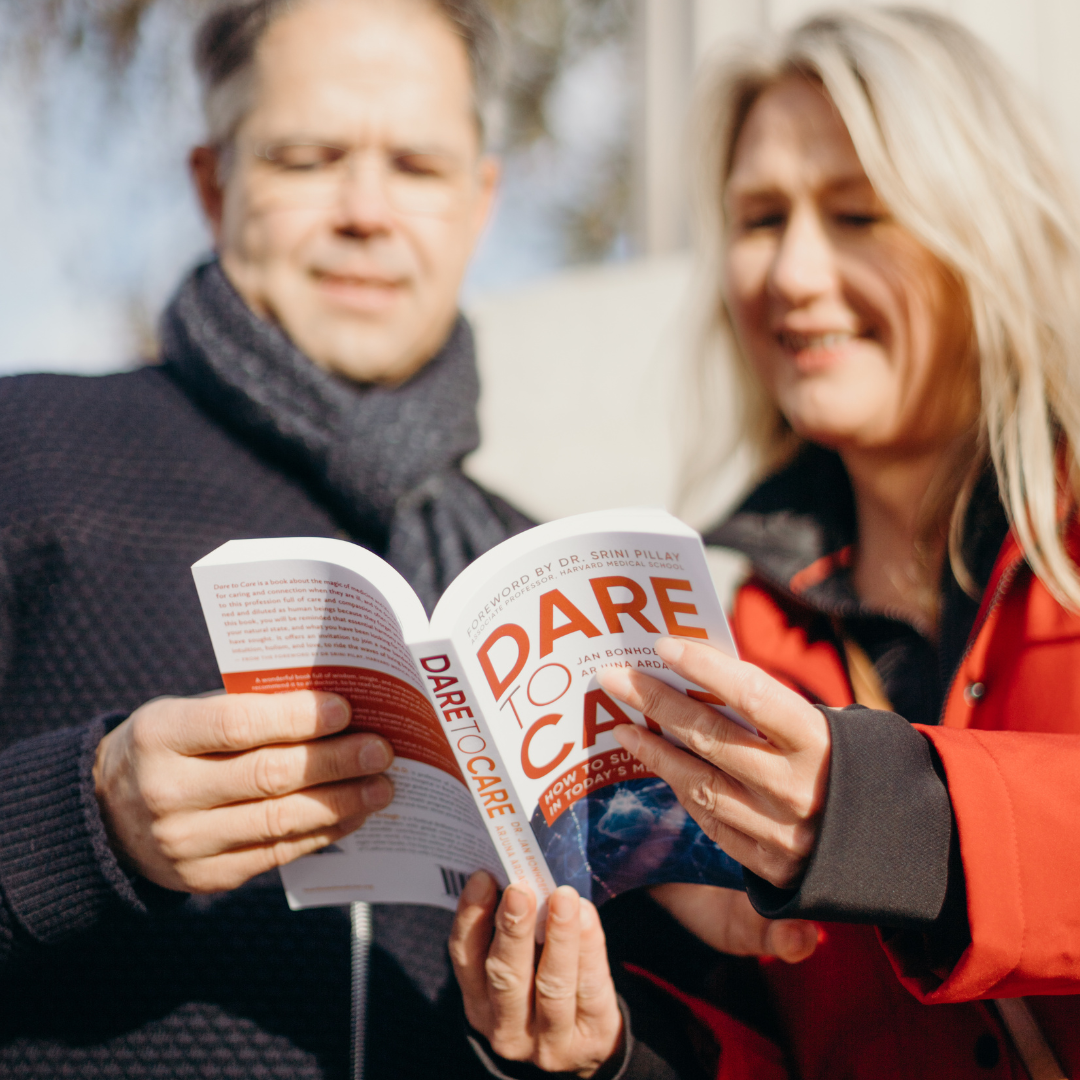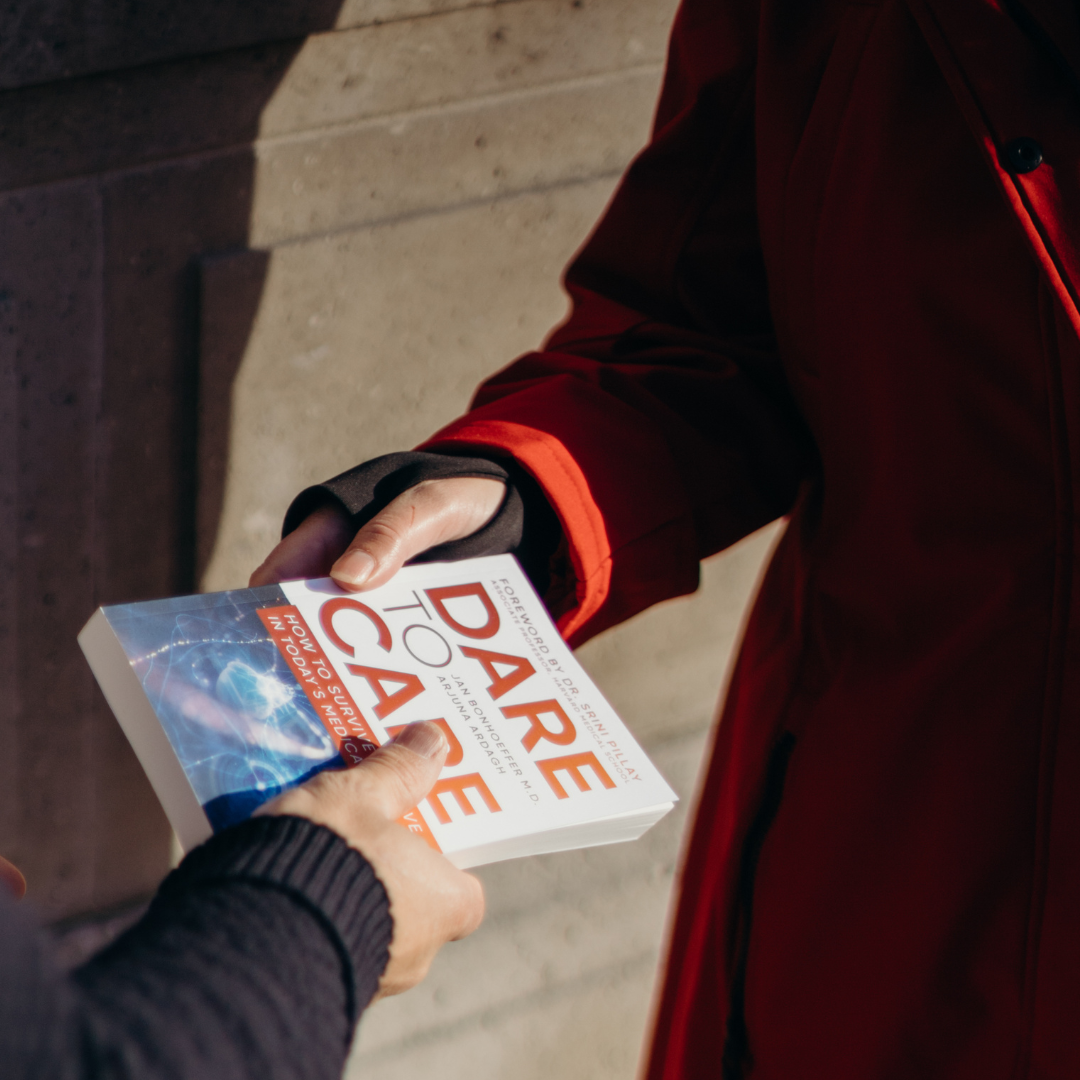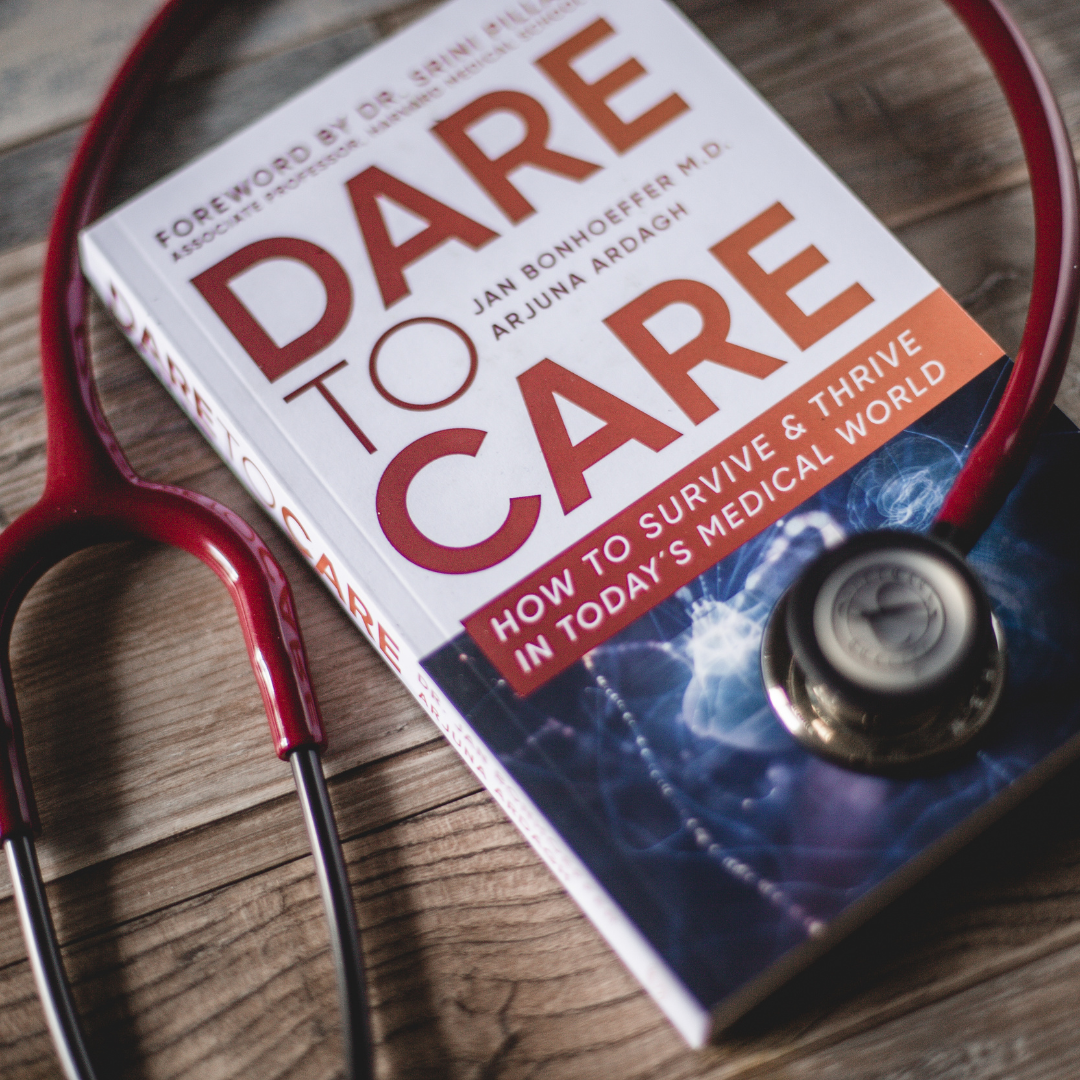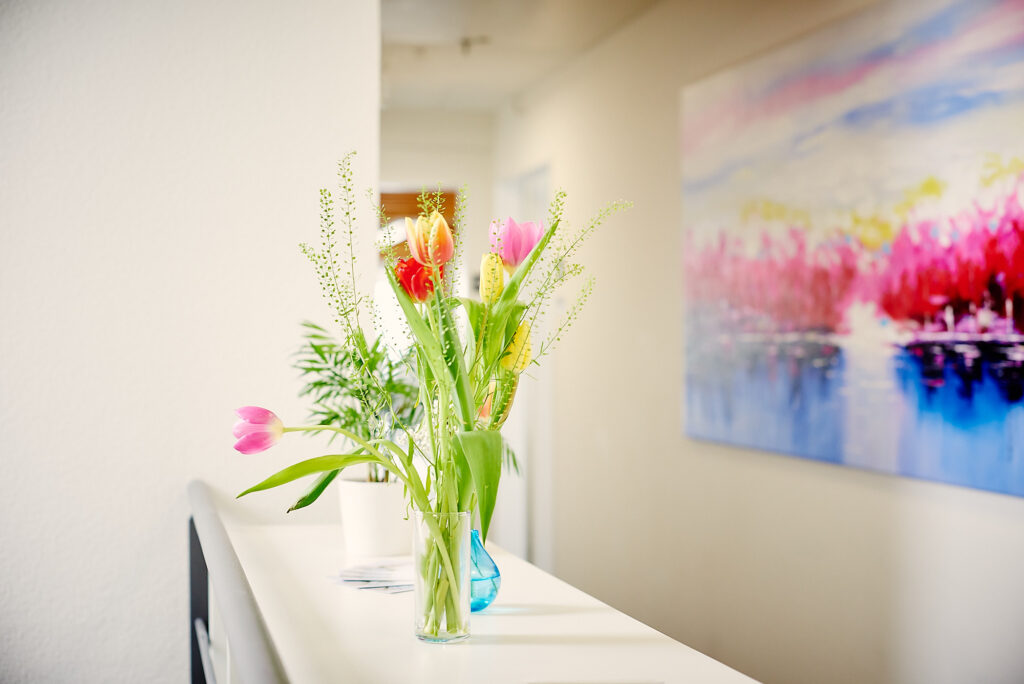“Samuel please…” I called the name out into the waiting room, as if it was packed with families waiting their turn for an appointment. But it was unnecessary.
During the COVID pandemic, there is intentionally only one patient waiting at a time. A mop of brown curls popped up from behind his mother. The little boy of about two years, dressed in Oshkosh jeans and a T-shirt, looked back at me with bright curious eyes: at the same time both skeptical and interested.
“Good morning Mrs. Van Trapp,” I greeted the mother. “How are you today?” In her mid-30s, Ursula Van Trapp was well-dressed: in sparklingly clean jeans, recently ironed, with a thin gold belt, expensive leather shoes with a little bit of heel, a crimson silk blouse and a string of pearls around her neck. Her husband works in finance, and she has put aside her work as a real estate agent to stay home with her toddler.
“ Thank you, I’m fine. We are all doing quite well, even during these strange times.” “ Excellent.” I smiled. “That’s great to hear. What brings you in today?” “ The thing is, doctor,” she started, hesitatingly, “he’s really difficult these days. I’m running out of batteries and energy.” “Wow.” I replied, as we took our seats in the consulting room. “And why do you think that is?” “He just constantly says “no” to everything I say. Whatever I do… It’s just ‘No… No… No… No… No.’ He runs around like crazy all day, opening all the drawers and tearing stuff out of cupboards. I feel I need to be on alert and vigilant all the time, just to prevent accidents from happening.”
“Wow,” I said, with genuine sympathy. “That must be very tiring. I remember when we had the twins, it was a really intense time.”
“Really?” She said with new animation in her voice. “You had twins? Oh my God. I can’t even imagine how I could even deal with double what I’m experiencing right now. Like I said, he’s completely out of control. He doesn’t want to sleep at night, he gets very restless and jumps up and down on the bed. Then, as soon as I want to leave, he clings on to me. It’s really difficult.”
“I totally understand what you’re saying,” I smiled. “I recognize all of it from my own life. The twins used to really cling onto Jessica, my wife, so she got the brunt of it — and I must admit I got a bit of a hall pass. But obviously you are very close to him, so he turns to you, and then you feel it’s a burden. I see this with so many mothers who have kids your age…”
She seemed to tear up, just a tiny bit, at the edges of her eyes. “So I’m not alone in this?” “ Far from it!” I laughed. “You are in very good company.”
He seems to be exploring his boundaries right now. It’s what people often call ‘the terrible twos’.” “Okay…” she said slowly, as she absorbed this new perspective. So what should I do? When he wants something, and he’s screaming, and getting louder and louder, how should I respond?”
There was a pause, as I took in her question. Then I turned to her. “ Let me ask you something,” I said quietly. How many times do you use the word ‘no’ with him? Like, ‘no, don’t do this. No, don’t open the drawers. No, don’t run there’. How often do you say ‘no’ to him?” She didn’t reply to me. I could see that the question was sinking in, and she looked back at me a little sheepishly.“ Is there any possibility that he might be learning this habit of “no” from you?” Again, she didn’t answer. But I could tell that the question was landing deep.
“Would you be ready for a little experiment?” I asked her. “ I guess so…” she answered, with hesitation in her voice. “ I want to invite you simply to pay attention to your own breathing. You don’t need to change it, you can just notice the in-breath…”I paused for a few seconds, “And the out breath.” We continued to observe the breathing, just as it is, for two or three minutes.
“Now, please inhale a little more deeply, and breathe out fully.” Again, I paused for her to do this. “Let yourself breathe a little more deeply, and a little more slowly than usual.” Another long pause.
“Imagine that you are breathing in and out of your chest and heart area. As you do this, allow yourself to remember a memory from your life when you felt completely at ease, a great sense of well-being both within yourself, and in the environment. Remember a time when you felt completely loved, in deep appreciation and gratitude. Let me know when you have a memory like this.”
Another pause. “ Yes, I have something like that,” she whispered. “ Excellent,” I said. “Can you allow yourself to drop even more deeply into this feeling? Notice how it is in your body. Now you could even let go of the image of the memory, and just stay with this feeling of deep love and appreciation.” Ursula Van Trapp smiled, and continue to breathe deeply. Her cheeks relaxed and became more full of color. Shoulders dropped, and her breathing continues to slow down. She almost seemed to be glowing.
I turned to look at the boy. He had become very quiet. Slowly, he crawled up into his mother’s lap, as I was still guiding her through this exercise, and cuddled up very contented. We continued in this way for no more than 10 minutes.
When she opened her eyes again, I asked the question. “I don’t know what your beliefs are. Do you have any sense that you and he affect each other through your energetic state, not just through words and behavior?” “Maybe…” she said. She was still looking slightly disoriented from this exercise. “I think there’s something like that.”
“Many people believe this. We call it ‘resonance’. When someone is angry, or upset, for example it affects people even before they say or do anything. Equally, whenever anyone is in a really good mood, feeling contented and happy, it becomes kind of infectious.” “I can see that…” she said.
Samuel was still curled up in her lap, very contented. I gestured towards him with my eyes, “something seems to have changed in him, as you were doing the exercise, right?” She nodded, and smiled. “If a stranger like me can help you bring this change in just a few minutes, do you think that you could also do this on your own?” Again, she nodded timidly, and smiled.
She brightened and looked hopeful. “One more thing, I asked. “Now that you can feel this way of being with your son, if you could go back to a moment when you might previously have said ‘No,’ what would you say now?” “I think I would offer him another activity instead that could allow him to release energy. Like climbing on the frame in the garden.” “Excellent!” I replied.
*
When I went to medical school, I was trained to write prescriptions: almost always for pharmaceutical drugs obtained from the pharmacist in little bottles. Sometimes I would write referral notes to see a surgeon, or for medical tests. But often it is these kinds of prescriptions that make the most difference: supporting my patients to change their inner state. I have to write myself the same kind of prescriptions every day! This is, in a nutshell, is the basis of Heart-Based Medicine.
